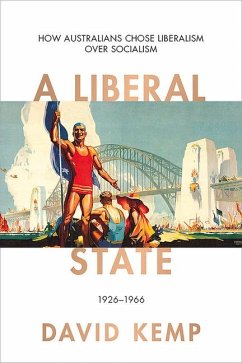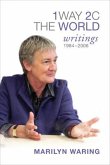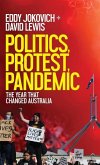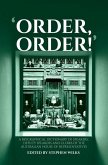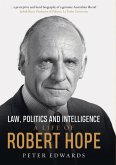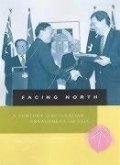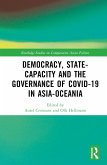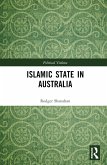This book explores the revival of Australian political liberalism after the Great Depression of the 1930s and its sweeping domestic political triumph after World War II over utopian socialism. The fourth title in a landmark five-volume Australian Liberalism series, A Liberal State examines how Australians reasserted their claim to control their own lives, following decades of expanded government control over economic and social life, and intrusive wartime and post-war restrictions. From the 1920s Robert Menzies became the major voice for liberal thought in the nation's political life and David Kemp looks at his role in reconstructing liberal and conservative politics. The book tells of Jack Lang's advocacy of the socialization of industry in New South Wales in the 1930s, and of Menzies as war-time prime minister and his key relationship with John Curtin. It assesses Menzies's historic Forgotten People statement of liberal ideas, the formation of the Liberal Party of Australia, and how, after his election victory in 1949, Menzies rebuilt a liberal basis for national policy during sixteen and a half years as prime minister.

